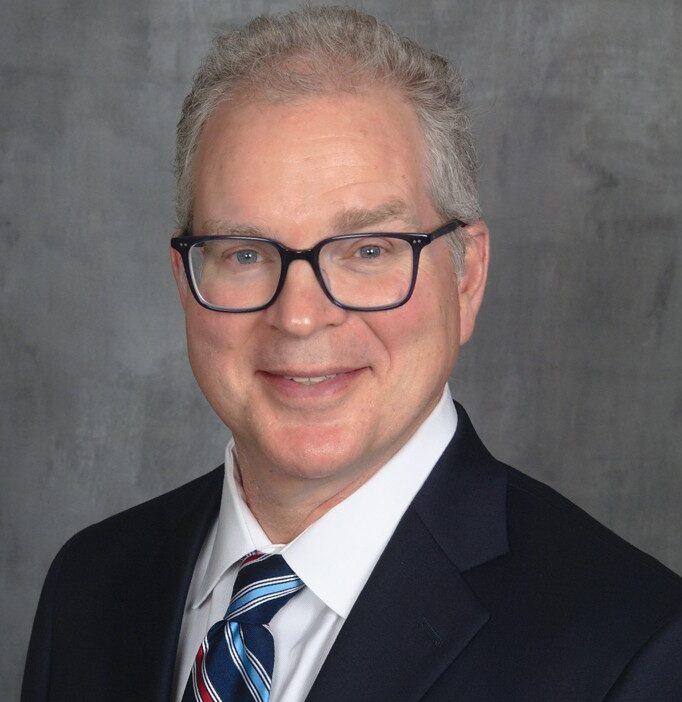Why Care Management is Crucial to Eating Disorder Treatment
Eating disorders impact all aspects of life — physical health, mental well-being, social relationships and family dynamics. For health plans, addressing these complex conditions requires balancing clinical efficacy with compassionate care, especially for the nearly 95% of eating disorder cases diagnosed before age 25. In many cases, care management becomes the key to treatment success, enabling the support of not only the patient but also of their family.
The effect on families
Eating disorder treatment for minors profoundly affects the entire family. When a child is diagnosed, parents often face difficult decisions about the next steps, including determining whether outpatient, partial hospitalization or residential care is appropriate initially. Residential programs typically last anywhere from 30 to 90 days, which can feel daunting for a parent and their child.

“Care managers serve as a bridge between the health care system and the family, offering reassurance and guidance throughout the eating disorder treatment process.”
John Langlow, MD, MBA – Medical Director
Making this kind of decision can strain parent-child relationships. Parents may feel guilty about “sending their child away” to a treatment facility, even when it is the best course of action. This is where care management plays a pivotal role: care managers serve as a bridge between the health care system and the family, offering reassurance and guidance throughout the treatment process. By providing updates, answering questions and ensuring that families remain engaged in the treatment plan, care managers help build and maintain trust and keep everyone focused on recovery. Stories like Lucet member Alaina demonstrate the challenges of eating disorder care for families and the crucial role that care management can play in daily meal management and supporting the whole family unit.
Addressing the challenges of recovery
Eating disorder treatment is uniquely intense because the individual confronts their symptoms multiple times a day. Every meal becomes a test of resilience, making adherence to the treatment plan particularly challenging. Studies show that 35-41% of individuals with eating disorders experience lapses or relapses during recovery.
Care managers offer interim support between visits, stepping in during the critical moments when families or patients feel overwhelmed. They coordinate care across providers and provide emotional support that keeps members on track. For example, a care manager might work with a parent to develop a meal-planning strategy that aligns with the treatment plan or provide a listening ear when the process feels overwhelming.
This level of involvement can help prevent costly setbacks. Relapse can prolong recovery, require additional interventions and significantly increase overall treatment costs. For health plans, investing in care management reduces these risks while fostering a more efficient, member-centered approach to care.
Supporting whole-person care
While the clinical aspects of eating disorder treatment are important, they represent just one part of the process. Effective care management addresses the broader social and emotional challenges faced by patients and their families. This whole-person approach ensures that treatment is not just clinically effective but also sustainable.
The need for health plan investment
Eating disorders have one of the highest mortality rates of any mental health condition, and their treatment requires a high level of coordination. Health plans need a care management partner that can:
- Monitor progress and address barriers to care between visits.
- Provide resources and emotional support to families.
- Reduce the risk of relapse through proactive, personalized interventions.
By integrating care management into eating disorder treatment programs, health plans can improve outcomes, reduce costs and strengthen their relationships with members. This approach ensures that patients receive the comprehensive support they need, giving them the best chance at long-term recovery.
John Langlow, MD, MBA is a medical director at Lucet.


